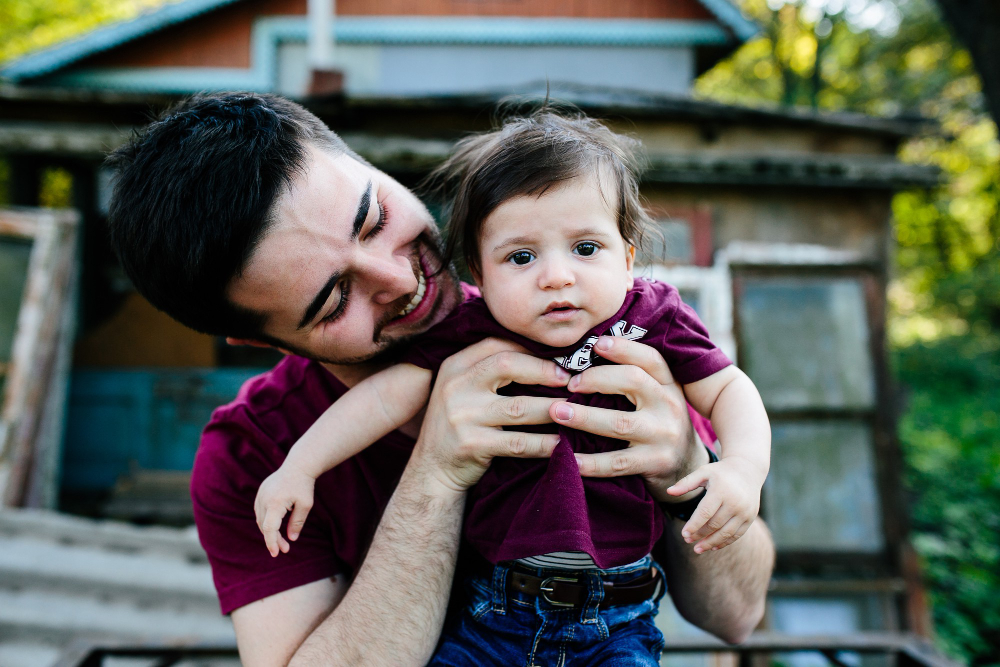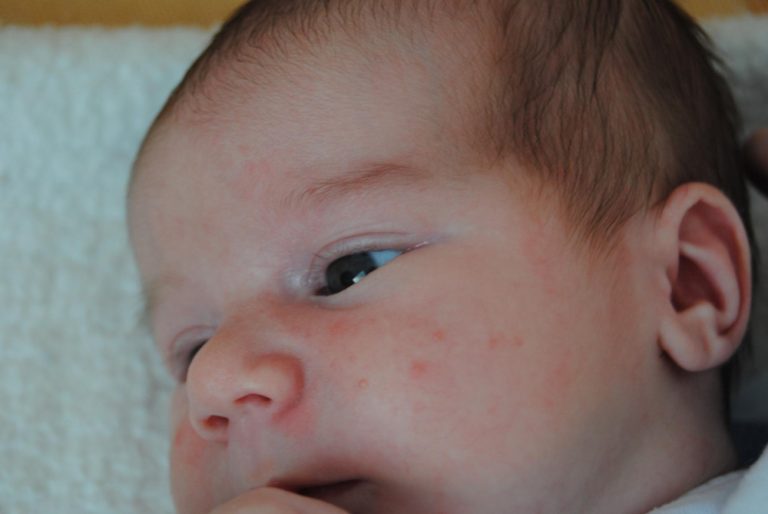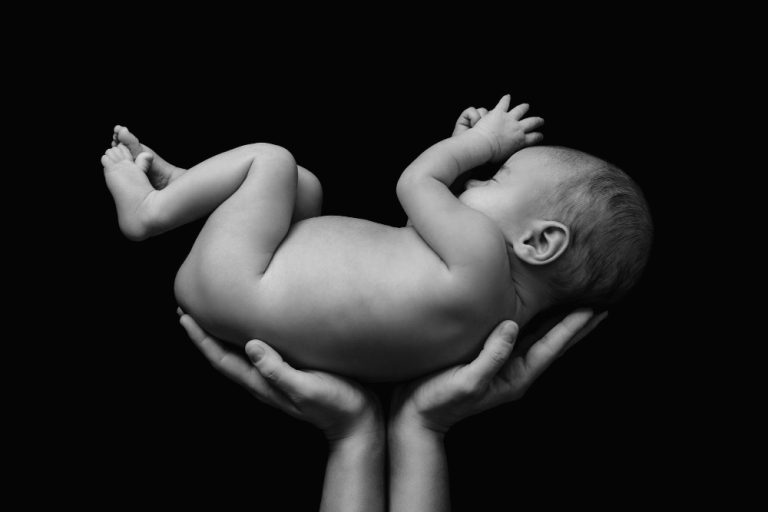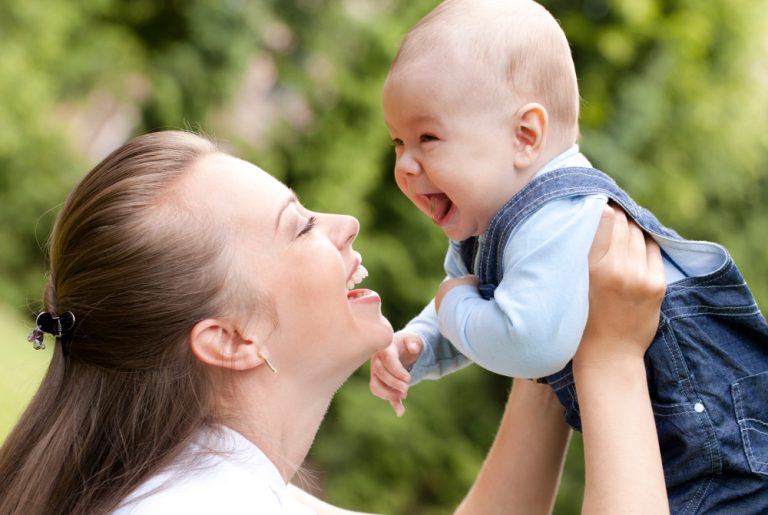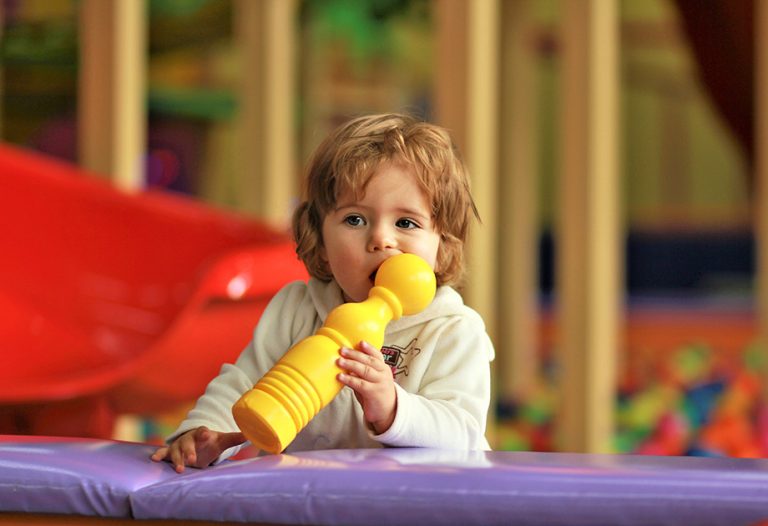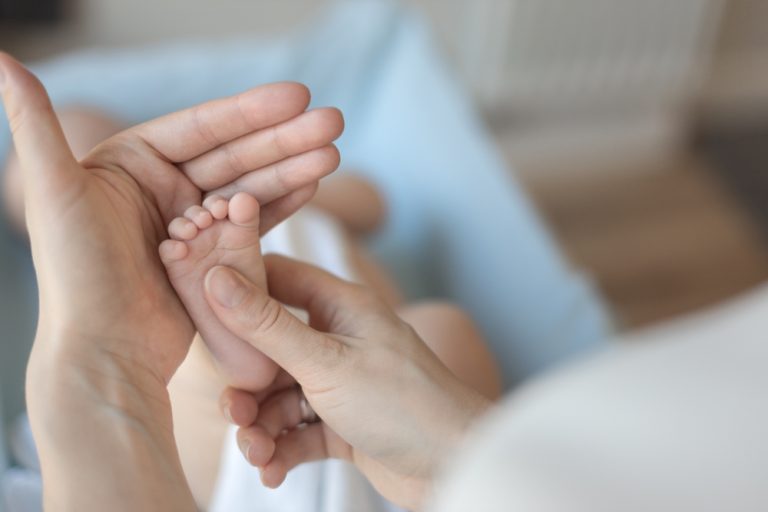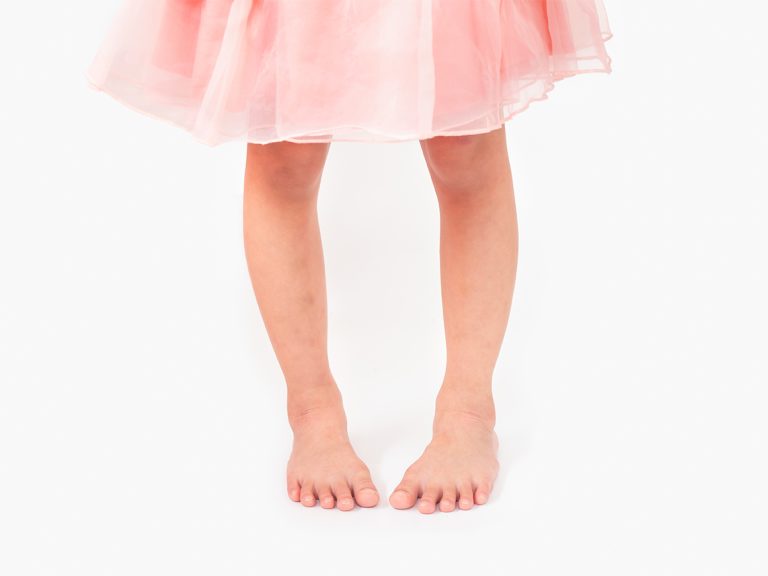When Does A Baby Start To Smile Socially? Baby Development
Have you ever wondered when does a baby start to smile socially? Or what are the signs to look out for when this milestone is reached? Social smiling is an essential part of a baby’s development that signifies the beginning of social interaction and communication.
As a parent, it’s natural to be excited about this milestone and want to know more about it. But did you know that social interaction plays a crucial role in a baby’s overall growth and well-being? What factors affect a baby’s social development, and how can parents encourage social smiling in their little ones? Let’s dive into the question of when does a baby start to smile socially and explore everything you need to know about social smiling and a baby’s social development.
Understanding Baby Development Milestones
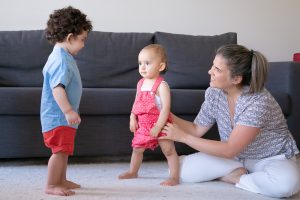
As a parent, one of the most exciting things is watching your baby reach developmental milestones. These milestones are essential for tracking your baby’s growth and development. One of the most eagerly anticipated milestones is when a baby starts to smile socially.
This typically happens around 6-12 weeks of age, but each baby is different. Some may start smiling earlier, while others may take a little longer. It’s important to remember that every baby develops at their own pace and there is a wide range of what is considered normal.
So, don’t worry if your baby isn’t smiling socially at the same time as other babies. However, if your baby hasn’t reached this milestone by 3 months of age, it may be a good idea to bring it up with your pediatrician. Social smiling is not only a cute and heartwarming moment for parents, but it also signifies essential social and emotional development for your baby.
When Does A Baby Start To Smile Socially?

Social smiling is an important milestone in a baby’s development. It is when a baby starts to smile in response to social cues, rather than just reflexively. This typically occurs between 6-8 weeks of age, but can vary from baby to baby. It is a significant moment for both the baby and their caregivers, as it signals the beginning of social interaction and communication.
Social smiling is a key indicator of a baby’s cognitive and emotional development, and it plays a crucial role in building relationships and forming attachments. It is also a way for babies to express joy and happiness, and can be a source of delight for parents and loved ones.
So, if you are wondering when does a baby start to smile socially?, know that it is a natural and important part of their growth and development, and will happen when they are ready.
Signs of Social Smiling
As parents, we eagerly await the moment when our baby starts to smile socially. It’s a major milestone that signals the beginning of social interaction and communication. While babies are born with the ability to make facial expressions, social smiling typically starts around 6-8 weeks old. This is when they begin to recognize familiar faces and respond to them with a smile.
However, every baby is different, and some may start smiling socially earlier or later. Some signs that your baby is starting to smile socially include making eye contact, cooing and babbling, and showing excitement when seeing familiar faces.
It’s important to remember that every baby develops at their own pace, but if you have any concerns about your baby’s social development, it’s always best to consult with your pediatrician. Enjoy this precious milestone with your little one, as it marks the beginning of a whole new world of social interaction for them.
Importance of Social Interaction for Babies

The social development of a baby is a crucial aspect of their overall growth and well-being. Not only does it contribute to their emotional intelligence and communication skills, but it also plays a significant role in their cognitive development.
As parents, it’s important to understand the importance of social interaction for babies and to foster it from an early age. Studies have shown that babies as young as 4 months old can smile socially, which is a milestone in their social development. This type of smile is not just a reflex, but a conscious response to social cues and interactions.
By smiling socially, babies learn to engage with others, form bonds, and develop important social skills that will benefit them throughout their lives. It is crucial for parents to interact and engage with their babies, as it helps them learn about the world around them and develop their own unique personalities.
So, when do babies start to smile socially? The answer is, as soon as they are born. It is our responsibility as parents to nurture this social interaction and help our babies thrive.
Factors Affecting Baby’s Social Development
The social development of a baby is influenced by a multitude of factors. From the moment a baby is born, their environment, interactions, and experiences all play a role in shaping their social skills. The most crucial period for social development is between 6 to 12 months, which is when a baby starts to become more aware of their surroundings and begins to form attachments to their caregivers.
Factors such as a secure and loving home environment, positive social interactions with family and peers, and exposure to different social settings can all contribute to a baby’s social development. Additionally, genetics, temperament, and early language development can also have an impact on a baby’s ability to socialize.
It’s important for parents and caregivers to create a nurturing and stimulating environment for babies to thrive socially, as it sets the foundation for their future interactions and relationships.
Encouraging Social Smiling in Babies

As a parent, one of the most heartwarming moments is when your baby starts smiling socially. This usually happens around 6-8 weeks old, when your little one begins to recognize faces and respond to interactions.
However, you can start encouraging social smiling even earlier on. Simple actions like talking to your baby, making eye contact, and engaging in playful interactions can all help your baby learn to smile socially. It’s important to remember that every baby develops at their own pace, so don’t worry if your little one takes a bit longer to start smiling socially.
With patience and love, your baby will eventually reach this milestone, and it will be an incredibly special moment for both of you. So keep interacting and engaging with your baby, and before you know it, you’ll be greeted with those precious social smiles.
Tracking Baby’s Social Milestones

As a parent, it’s natural to want to track your baby’s development and milestones. One important aspect to keep an eye on is your baby’s social development. When do they start to smile socially?
This is a common question asked by new parents, and the answer is around 6 to 8 weeks old. At this stage, babies are able to recognize and respond to familiar faces and voices, and will often smile in response to social interaction. This is an important milestone as it shows that your baby is beginning to form social connections and is developing emotionally.
Other social milestones to look out for include making eye contact, babbling, and responding to their name. It’s important to remember that every baby develops at their own pace, so don’t worry if your little one takes a bit longer to reach these milestones.
As long as they are progressing and showing signs of social development, they are on the right track. Keep an eye out for these milestones and enjoy watching your baby grow and develop into a social butterfly.
Celebrating and Supporting Baby’s Social Development

As a parent, one of the most exciting milestones to witness is when your baby starts to smile socially. This typically happens around 2-3 months of age and is a sign of their social development.
Not only is it a heartwarming moment, but it also marks the beginning of your baby’s ability to communicate and interact with others. It’s important to celebrate and support this development by engaging in activities that encourage social interaction, such as playing peek-a-boo or singing songs together.
Additionally, providing a loving and nurturing environment can help your baby feel safe and confident in their social interactions. Remember, every baby develops at their own pace, so don’t worry if your little one takes a bit longer to start smiling socially. With love and support, they will get there in their own time.
The Final Note: When Does A Baby Start To Smile Socially?

As parents, we eagerly wait for our babies to reach different developmental milestones. One of the most heartwarming moments is when our little ones start to smile socially. While every child develops at their own pace, most babies will start to smile socially around 6-8 weeks of age. This is a crucial moment in their social and emotional development, as it shows that they are recognizing and responding to their surroundings.
So, if your baby hasn’t started to smile yet, don’t worry; they will soon! And when they do, it will be a moment you’ll never forget. Cherish these early moments and continue to nurture your baby’s social development.

